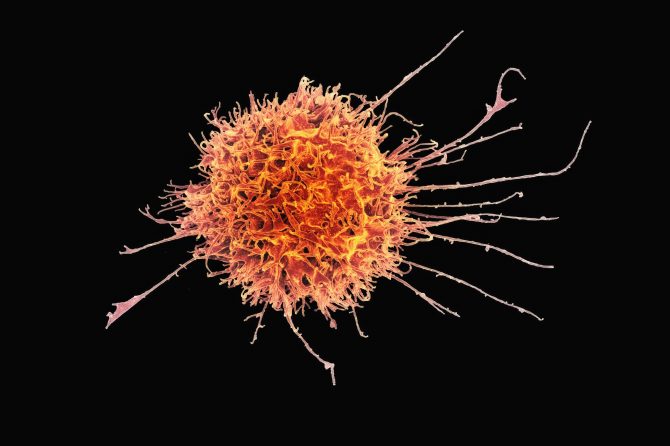
Max Littman, LCSW
July 22, 2025
There’s an anxiety and disillusionment that comes when something that once worked beautifully no longer does. These feelings come especially when that “something” is the way we’ve come to relate to ourselves—perhaps with tenderness, skill, and the steady scaffolding of a model that’s helped us map our inner world and connect with its inhabitants. IFS has been that scaffolding for me. For years, it’s offered me language, clarity, and transformative glimpses (and sometimes immersive experiences) of Self energy. It’s given me a way in. Slowly and then suddenly, that in has faded. Which brings that anxiety and disillusionment.
At first, I thought maybe I just wasn’t in the right state of mind. Maybe I was too tired, too stressed, too overwhelmed, too distracted. But the pattern persisted. The deeper I traveled into my internal world, the more familiar interventions stopped working. The soil of my inner world became more dense.
Now, when I ask myself, “How am I feeling toward this part?”—I feel my system go tight. When I try to target a part to work with, I often feel flooded or numb or distant. Sometimes I sense a part behind something I say or do and think, “Ah, trailhead”—and instead of softening or opening, my system will constrict.
The IFS moves I once relied on—naming, identifying, tracking, dialoguing—feel not just ineffective, but intrusive and hardening. And the more I try to “work with” my system the way I’ve been trained, the more agitated, murky, and unworkable it becomes.
What I’ve come to realize is that something in me has changed. Or rather, evolved.
I experience it as a mutating white blood cell. It is not a single part, but a dynamic force that adapts to the different ways I make contact with my vulnerability. The mutating white blood cell forms as an adaptive cluster of protectors with, often unbeknownst to them, a shared mission: disallow anything that whiffs of traditional insight work. When parts of me are naming and urging me to jump at numerous trailheads during the day, the mutating white blood cell comes in and shuts it all down. Some of my parts see this dynamic as defiance. But I (my Self) know it is a wisdom to be respected.
In place of insight work, what’s emerged is a quieter, more creative, more seamless relational path. Sometimes it looks like journaling without trying to figure anything out. Sometimes it’s drawing shapes or energy maps. Sometimes it’s simply tracking a twinge in my shoulder or the quality of my breath without needing to know anything about it. Sometimes there is a natural flow from one of these paths to another in a single sitting. I’ve learned to pause when I sense even the most well-meaning part reaching for an IFS tool.
Even this efforting toward insight—so often led by a calm, clear, well-intentioned Self-like part—feeds the mutating white blood cell dynamic. It registers as intrusion, as yet another attempt to manage vulnerability, and thus provokes a collective tightening in response.
When parts of me are identifying and urging me to jump at numerous trailheads a day, the mutating white blood cell energy comes in and takes me away.
I’ve learned that holding space—just holding space—is oftentimes now the most appropriate act for me.
There’s humility in this shift. A yield to what I don’t know and a subtle undoing of what I thought I knew. The deeper I go, the more my internal world reveals not clarity, but mystery and new forms of communication that don’t rely on or respond to words or parts language.
I’ve had to let go of any pretense of mastery. My system is not supposed to have a guide right now. It is a wilderness to behold.
In this way, my experience mirrors something I’ve heard quietly echoed by colleagues I respect: sometimes, the more immersed we become in IFS, the more subtle the Self-like parts become—parts that feel calm, wise, and present, but are still ultimately managing the process. And when we encounter the deeper, more ancient protectors and ecosystems—those buried in the depths of our psyche—it becomes clearer and clearer that those Self-like managers no longer have the capacity to lead. They stick out more and cause increasing, untenable agitation throughout the system.
What’s required isn’t better technique. It is to yield.
And, to be honest, this can be disorienting and frustrating. Especially when trust was built in a model that has helped. I know this is true for me. At the same time, it is a calling—to deepen into the unknown, to relate from curiosity and awe.
So if you, too, are finding that your trailheads are cutoff, or that naming a part makes it vanish, or that checking how you feel toward a part provokes a full-body no—please know you’re not alone.
You are arriving, like many of us, at a stranger, wilder section of your inner ocean. It is home to wondrous and mysterious organisms that don’t respond as we are accustomed. The ocean and its inhabitants are asking for something different: a beholding that moves slower than thought.
For feedback and comments, I can be reached at max@maxlittman.com.
I provide private practice mentorship, consultation, and therapist/practitioner part intensives.
